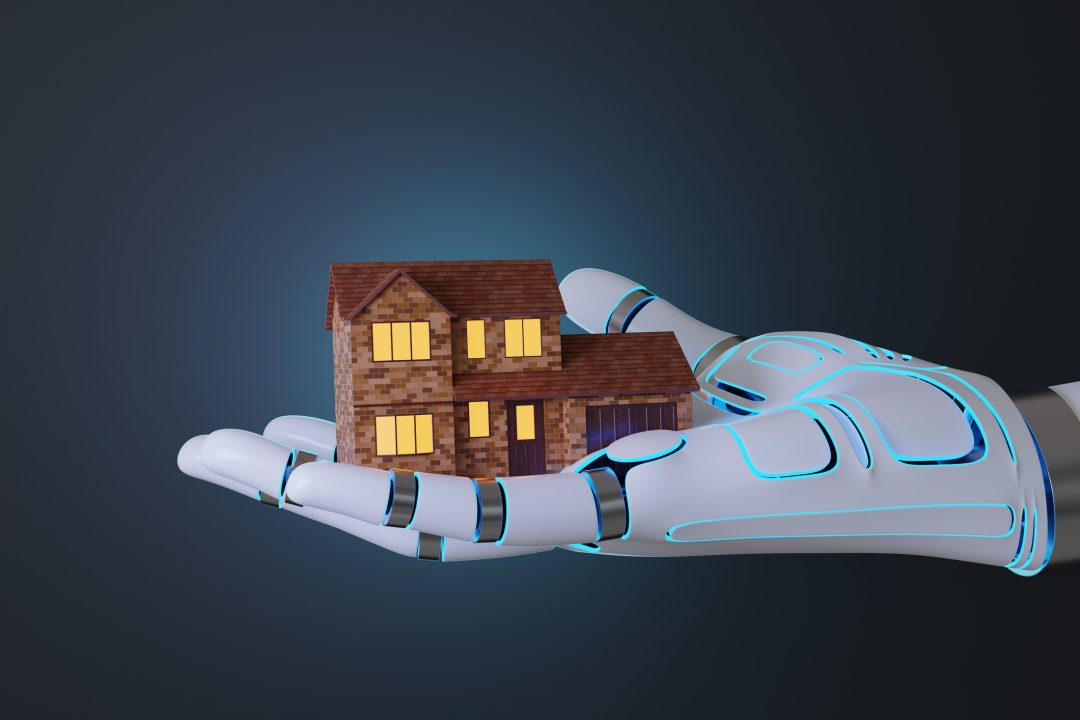Artificial intelligence (AI) is transforming industries worldwide and property management in Australia is no exception.
From streamlining tenant interactions to optimising maintenance schedules, AI-driven solutions are reshaping how landlords, real estate agents and Property Managers operate.
With increasing advancements in technology, AI is helping professionals improve efficiency, reduce costs and deliver a better experience for tenants and investors alike.
Here’s a closer look at how AI is changing the landscape of property management in Australia.
Enhancing tenant experience and communication

Gone are the days of waiting for email responses or spending hours on phone calls to resolve tenancy issues. AI-powered chatbots and virtual assistants have revolutionised the way landlords and property managers interact with tenants.
These smart systems provide instant responses to inquiries, assist with booking maintenance requests and even answer common lease-related questions.
For instance, platforms like property management AI assistants can automatically respond to tenant queries 24/7, ensuring seamless communication. This reduces workload for property managers and enhances tenant satisfaction by providing quick and accurate assistance.
Streamlining rental applications, bill processing and tenant screening
AI is making it easier than ever to screen potential tenants efficiently and fairly. Traditional tenant screening methods involve manual processing of applications, reference checks and financial assessments, which can be time-consuming.
The advanced technology can also help Property Managers streamline their billing processes, with PropertyMe’s Bills AI feature.
Bills AI allows Property Managers to scan a diverse range of bills including those without barcodes, such as plumbing, electrical, smoke alarm and even handwritten invoices.
Bills AI processes bills attached to multiple emails from the PropertyMe invoice in a single click. Pre-configured merge fields then minimise manual data entry for bill and invoice descriptions.
It also connects seamlessly with your Paperless Entry Inspection to extract crucial data such as water meter reading and tenancy start date, as well as auto-populates the tenant invoice amount with water consumption charges.
AI-driven algorithms analyse large sets of data, including credit scores, rental history and behavioural patterns, to assess the suitability of tenants.
Machine learning models can identify potential risks by detecting inconsistencies or patterns that suggest unreliable tenants, reducing the chances of rental disputes or missed payments.
This ensures landlords secure quality tenants while minimising administrative burdens.
Predictive maintenance and smart property management
One of AI’s most significant contributions to property management is predictive maintenance.
Instead of relying on reactive maintenance — where landlords only address problems once something breaks — AI-driven systems can predict when maintenance will be needed.
Smart sensors embedded in rental properties collect real-time data on appliances, plumbing systems and electrical components.
AI analyses this data to detect potential issues before they become costly repairs. For example, AI-powered platforms can identify early signs of plumbing leaks or HVAC system failures, allowing landlords to address these problems proactively and save on major expenses.
AI-driven pricing and market analysis
Setting the right rental price is crucial for landlords looking to attract tenants while maximising profits. AI-powered tools analyse current market trends, historical pricing data and demand fluctuations to help property owners make informed pricing decisions.
These systems assess neighbourhood trends, vacancy rates and economic shifts to recommend optimal rental prices. This ensures landlords remain competitive while also avoiding vacancies due to overpricing.
Automating compliance and legal processes

Navigating Australia’s rental laws and compliance requirements can be complex for landlords. AI solutions are now helping property owners stay up to date with regulatory changes and automatically flag potential compliance issues.
From lease agreements to safety inspections, AI-powered tools ensure landlords meet legal obligations without requiring extensive manual oversight.
These systems can also provide reminders for inspections, rent increases and lease renewals, reducing administrative burdens.
Improving investment strategies

AI is also benefiting real estate investors by providing data-driven insights into market opportunities. Advanced algorithms analyse historical sales data, demographic trends and infrastructure developments to highlight profitable investment locations.
For investors looking to expand their portfolio, AI-driven analytics can help identify undervalued properties, predict future growth areas and suggest the best times to buy or sell.
Final thoughts

AI is revolutionising property management in Australia, making the industry more efficient, cost-effective and tenant friendly.
From smart maintenance solutions to automated tenant communication, AI is helping landlords and property managers streamline operations while enhancing the overall rental experience.
As technology continues to evolve, AI will play an even greater role in shaping the future of property management.
Those who embrace AI-driven solutions will not only stay ahead of the competition but also provide better service to tenants and optimise their investments.
The future of property management in Australia is undoubtedly AI-powered!


